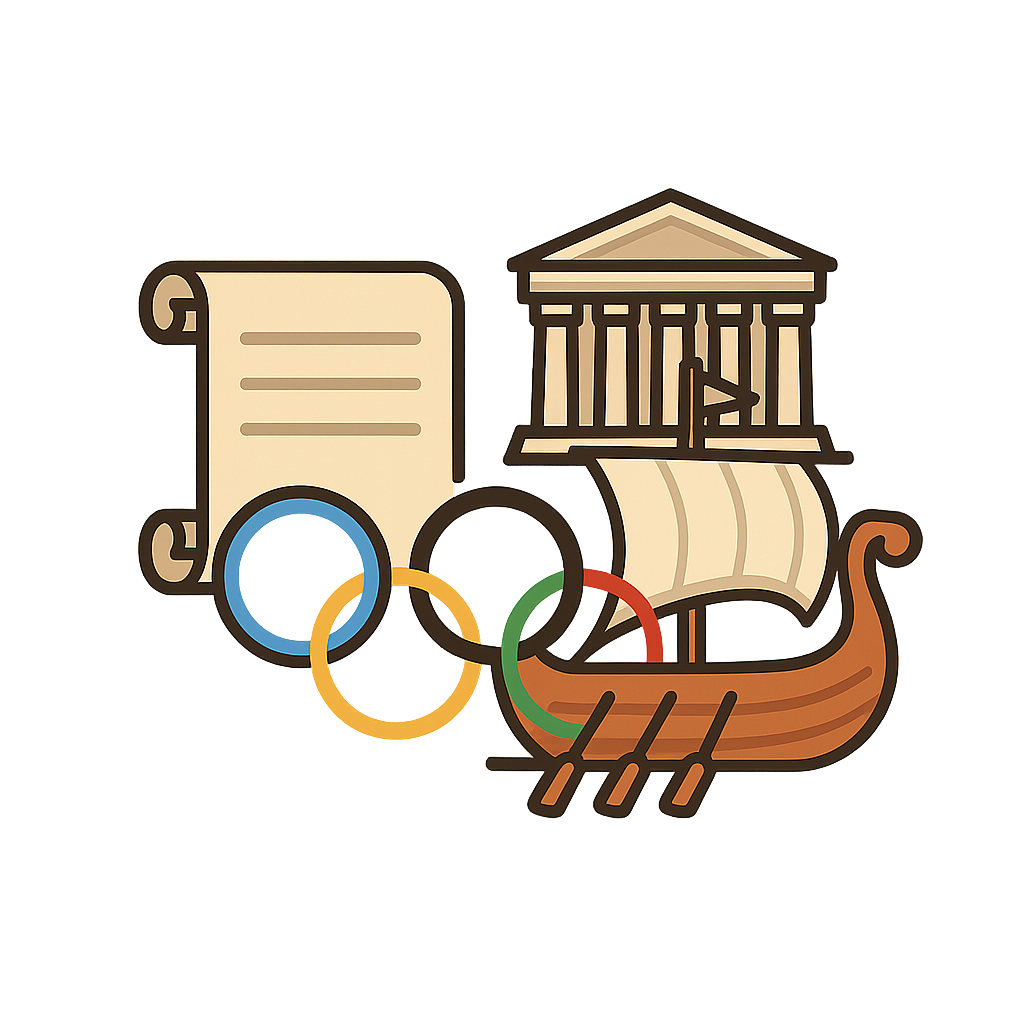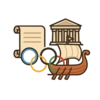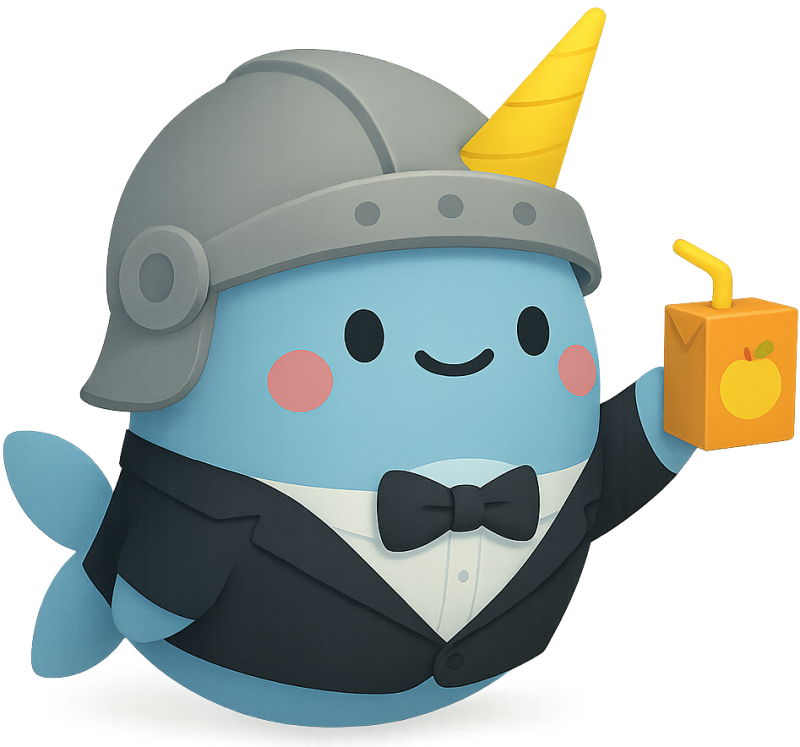The First Olympic Champion
My name is Koroibos, and my story begins not in a king's court or on a battlefield, but in the warm, fragrant air of my bakery in Elis. Long before the sun would greet the hills of ancient Greece, my day would start with the rhythmic work of kneading dough, the comforting heat of the clay oven on my face, and the simple satisfaction of providing bread for my fellow citizens. But while my hands were skilled at baking, my heart and feet longed for something else: the thrill of running. After my work was done, I would race along the dusty roads that wound through the olive groves, my lungs burning and my muscles singing with effort. I ran not to escape my life, but to feel fully alive within it. In the year 776 BC, a new kind of excitement stirred the air, carried on the wind from city-state to city-state. A great festival was to be held at Olympia, a sacred place not far from my home, to honor the mightiest of all gods, Zeus. It was to be a gathering of all Greeks, a time when a sacred truce, the ekecheiria, would be declared. For this one month, all wars and disputes would cease, allowing athletes, priests, and spectators to travel in peace. The centerpiece of this festival would be athletic contests. I listened to the merchants and travelers speak of it in the marketplace, their voices filled with anticipation. A thought, bold and bright, took root in my mind: I would go. I would compete. I was a baker, not a soldier or a nobleman, but my legs were strong and my spirit was willing. I wanted to test my speed not just against the boys in my village, but against the best runners in all of Greece. I dreamed of bringing honor to Elis and giving thanks to Zeus with the strength he had granted me.
My journey to Olympia was filled with a nervous energy that made my heart feel as light as the loaves I baked. When I finally walked onto the sacred grounds, the Altis, I stopped, breathless. It was more magnificent than any story had described. Towering above everything was the great Temple of Zeus, its columns reaching for the sky like mighty trees. The air was thick with the scent of roasting meat from sacrifices and the murmur of a thousand voices speaking in different dialects, all united in this holy place. I saw stern, muscular warriors from Sparta standing near clever, debating Athenians and wealthy merchants from Corinth. We were from rival cities that were often at odds, but here, under the sacred truce, we were simply Greeks. The feeling of unity was powerful, as if the gods themselves had wrapped the valley in a blanket of peace. Before the games could begin, all the athletes gathered for the opening ceremony. We marched in a procession to the Bouleuterion, the council house, where we stood before a fearsome statue of Zeus holding a thunderbolt in each hand. There, with our hands on the sliced flesh of a boar, we swore a solemn oath. We swore to the gods that we had trained for ten months, that we would compete with honor, and that we would not cheat or use any trickery to win. The weight of that promise settled deep in my soul. This was not merely a game; it was a sacred duty. In the days leading up to my race, I trained in the gymnasium, feeling the history in the very soil beneath my feet. I knew I was part of something new, something that felt ancient and important all at once. The first games. The first champion. The thought was both terrifying and exhilarating.
The day of the race dawned bright and hot. The air was still, heavy with anticipation. The only athletic event of these first games was the stadion, a short sprint of about one stade, the length of the stadium itself. The track was a simple stretch of packed earth, and the spectators, thousands of them, sat on the grassy embankments that sloped up from the field. As I walked with the other runners to the starting line, a stone slab called the balbis, a hush fell over the enormous crowd. All I could hear was the pounding of my own heart, a frantic drumbeat against my ribs. I dug my bare feet into the grooves of the starting line, my body coiled like a spring. I looked down the track to the finish line, a single goal that consumed my entire world. There was no trumpet, only a herald who shouted the signal to begin. In that instant, the world exploded into motion. I surged forward, my powerful baker's legs driving me across the dirt. The roar of the crowd rose around me, a wave of sound so immense it felt solid. I could feel the other runners beside me, their breath coming in ragged gasps, their feet pounding the earth in a frantic rhythm. But I did not look at them. My eyes were fixed on the finish. The sun beat down, dust flew into the air, and every muscle in my body screamed with effort. In those few seconds, my life as a baker, the smell of bread, the quiet mornings—it all fell away. There was only the race. With a final, desperate push, I threw myself across the line. For a moment, there was only the sound of my own gasping breath. Then, the world came rushing back as the Hellanodikai, the judges, raised their hands and declared my name. I had won. I was the victor. My prize was not a bag of gold or a fine chariot. It was a simple crown, a kotinos, woven from the branches of a sacred wild olive tree that grew near the temple of Zeus. As they placed it on my head, I knew it was worth more than all the treasure in Greece. It was a symbol of glory, of honor, and of the favor of the gods.
Returning to Elis was unlike anything I had ever experienced. I left as Koroibos the baker, but I returned as Koroibos the Olympias, the first champion. My fellow citizens greeted me not just with cheers, but with reverence. I was a hero who had brought immense honor to our home. My victory was more than just a personal triumph; it was a victory for Elis and for the spirit of these new games. My name was the first to be recorded in the long list of Olympic victors, a list that I knew would grow for centuries to come. That simple race in 776 BC was just the beginning. It sparked a tradition that would see Greeks gather every four years, laying down their weapons to celebrate what we shared in common through peaceful competition. I hope that the spirit of that day lives on. Even now, thousands of years later, when athletes from every corner of the world gather for the modern Olympics, I hope they remember that it is not about the prize, but about the struggle, the honor, and the powerful idea that we can come together in peace to test the limits of our strength and spirit. Find your own race, whatever it may be, and run it with all your heart.
Reading Comprehension Questions
Click to see answer



